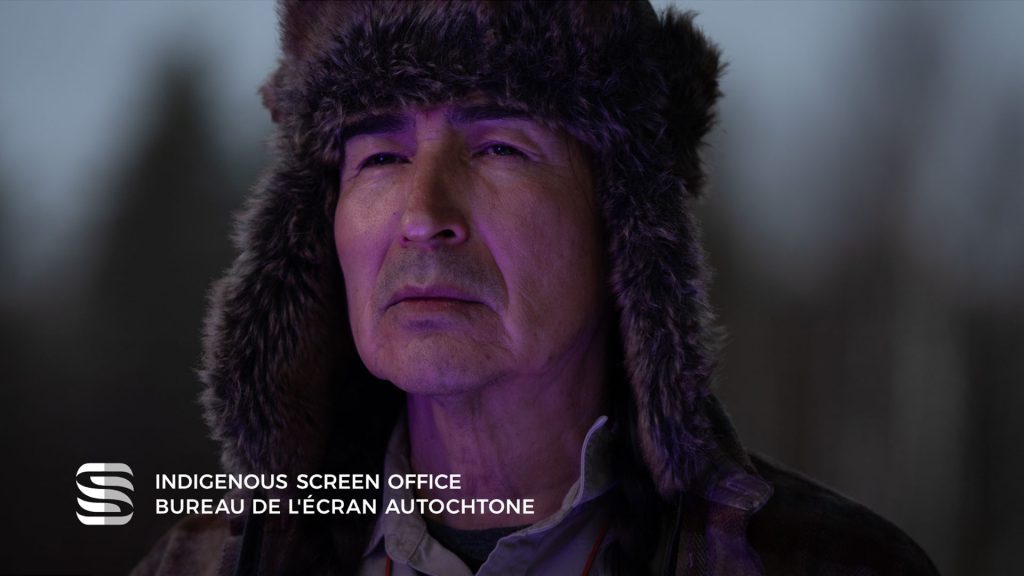
The minister of Canadian Heritage announced Thursday that the Indigenous Screen Office will now get permanent funding from the federal government.
“We have heard the sector loud and clear. Since its launch in 2017 it’s [ISO] the only independent Indigenous-led audio-visual institution in Canada supporting First Nations, Métis and Inuit creators and storytellers,” said the minister of Canadian Heritage, Pascale St-Onge at the announcement in Montreal.
“It is vital for us to collaborate with and be led by exploring the implementation of a common definition of Indigenous content in this work it is vital for us to collaborate with and be led by the ISO and Indigenous creators. It is for these reasons I am happy to announce our government is making the ISO funding permanent.”
The ISO is receiving $65 million over five years starting this year.
“This will create even more opportunities for Indigenous talents to be seen and Indigenous voices to be heard and celebrated,” said St-Onge.
The ISO is an independent advocacy and funding organization in Montreal, serving First Nations, Inuit and Métis screen creators across Canada. According to the ISO, they support works in two main ways; the Story Fund which supports the development, production, marketing and distribution of Canadian audiovisual content in any format and the sector development programs which support projects that increase Indigenous participation, visibility and representation within the audiovisual sector.
“Indigenous writers remain woefully underrepresented in writers’ rooms across the industry. This is an important step in addressing a major imbalance in our system and creating exciting opportunities for writers to expand their craft and their networks,” said Kerry Swanson, CEO, of the Indigenous Screen Office in a statement on ISO’s website
According to the ISO, the office has delivered over $24.6 million to over 320 First Nations, Inuit, and Métis recipients across Canada. Over 88 per cent of its budget has been delivered directly to Indigenous-owned companies and projects,” according to ISO’s website. “Indigenous writers remain woefully underrepresented in writers’ rooms across the industry.”
Ernest Webb, founder of Rezolution Pictures which created APTN’s Little Bird and Mohawk Girls said that the work ISO does is invaluable.
“Their support helps immensely with budgets because sometimes you’re working just within Canada. Sometimes getting a call producer from another country helps bring it over the top and also, it’s really helpful for us so it would be a real it would be a real shame if we lost that support.
“We’re in a period where we are just breaking out you know. Our stories are starting to be told. Our stories are being listened to, are being watched and I think it’s time for us storytellers to bring these stories though so, it would be such a great loss if the funding dried up for ISO.”
In a statement after the announcement Valerie Creighton, president and CEO of the Canadian Media Fund or CMF said having permanent funding is “vital for our screen sector.”
“The CMF has forged a solid working relationship with the ISO since its launch in 2017. We are proud to have supported their development since 2015 and stand alongside them as they continue to fulfill their distinct and important mandate,” she said.
Launched in 2017, the funding for ISO was set to expire early in April. That sparked a petition to the government signed by hundreds of people.
Journalist and author, Tanya Talaga, has been vocal online in her support of ISO.
“These battles for equity have been valiantly fought by APTN News and the Indigenous Screen Office, (ISO) created in 2017 has been enormously important in incubating the first seeds of ideas that have gone to bloom in some of Canada’s most recognized work,” Talaga said on X, formerly known as Twitter.
Talaga elaborated in a call with APTN.
“We’ve always been treated as poor second cousins. English media and film funding, French media and film funding, Indigenous media and film funding all three permanent funding structures we’re no longer the second cousins,” said Talaga.
“A big under-reported change happened when the Broadcasting Act amended last year establishing that Canada’s broadcasting industry must adequately reflect Indigenous peoples and languages thus raising them up to be a pillar of the system.”










